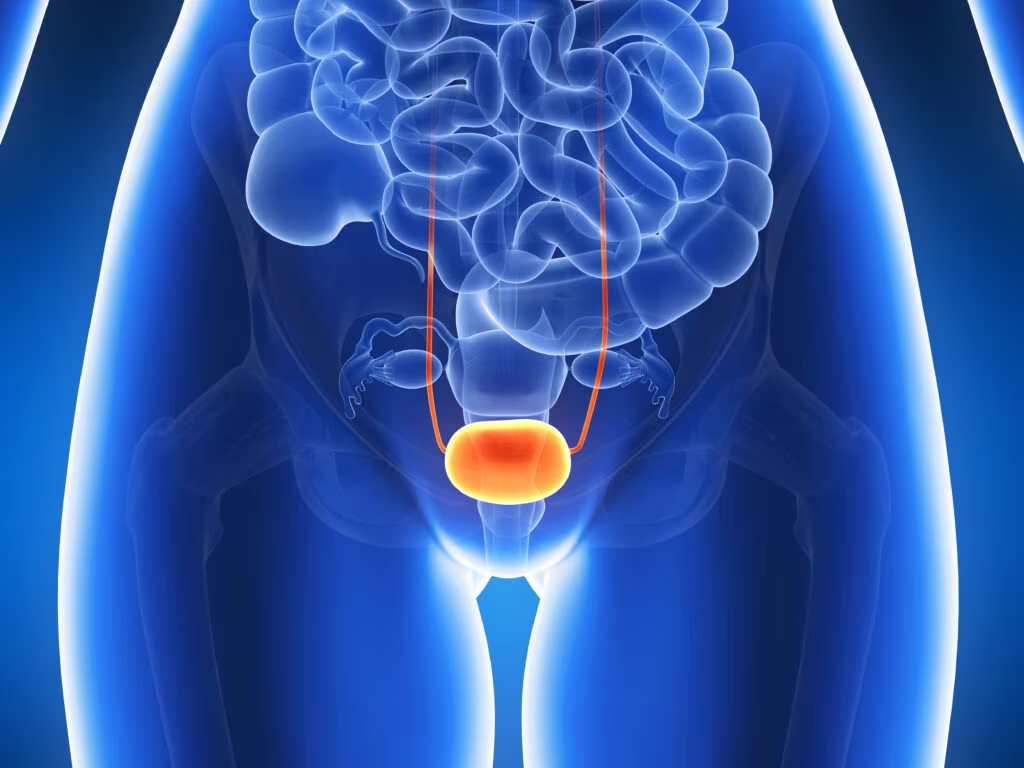Welcome to the spring edition of US Endocrinology. We aim to address topical subjects in the field to stimulate discussion focused on these issues. Articles have been chosen for their evaluation of current practices and research and their discussion of future innovations that directly affect endocrinologists and other healthcare professionals. The journal opens with a series of our ever-popular expert interviews, which provide concise snapshots of hot topics in medicine. We are honored to feature an interview with new editorial board member Donna Ryan, who summarizes her highlights as President of the American Association of Diabetes Educators (AADE) and her hopes for future projects with the society. Gagan Priya addresses the factors related to the development of burnout and compassion fatigue among diabetes care providers and delves into strategies to overcome them.
New insights into the course of type 1 diabetes (T1D) have led to the realization that the disease progresses through distinct stages prior to the onset of symptoms, and Carla Greenbaum discusses the use of disease-modifying therapies at an early pre-clinical stage of T1D. Recently, next-generation sequencing (NGS) technologies have allowed researchers to identify mutations in any of the known genes. In an interview with Elisa De Franco, the challenges of NGS is discussed, as well as the impact of early testing of all known genetic causes of neonatal diabetes. Prandial insulin is an important treatment option for the management for type 1 and type 2 diabetes (T2D). In an editorial, Sanjay Kalra et al. discuss the various prandial insulins available, and propose a patient centered choice of prandial insulin in clinical practice.
The prevalence of heart failure in patients with diabetes is a growing cause for concern. Dr Lardinois aims to encourage healthcare providers to begin identifying patients at risk of heart failure in addition to their focus on macrovascular complications. Sodium-glucose cotransporter 2 (SGLT2) inhibitors have demonstrated promising effects on several aspects of metabolic syndrome in patients with T2D. Ved et al. provide a fascinating review these effects and how they relate to the pathological role of the kidneys in metabolic syndrome.
In other areas of endocrinology, this edition of US Endocrinology includes a detailed update by Alan Parsa and Hossein Gharib on thyroid nodule management. The authors describe newer classifications designed to identify and stratify thyroid nodule risks, offering a strategy of separating high-risk from low-risk nodules, and outlining ways to monitor thyroid nodules.
We close with a review from my own team, of the rapidly evolving technique of using liquid biopsies as a non-invasive method for early recognition and management of cancer. Throughout the article we identify the diagnostic and treatment monitoring value of CTC-, cfDNA-, and ctDNA-based biomarkers in endocrine neoplasia.
US Endocrinology would like to thank all expert authors who contributed towards this edition. A special thanks goes to our Editorial Board for their continuing support and guidance. Thanks also go to all organizations and media partners for their ongoing support. We hope that you will find it a useful and informative read.












